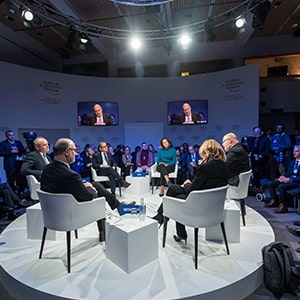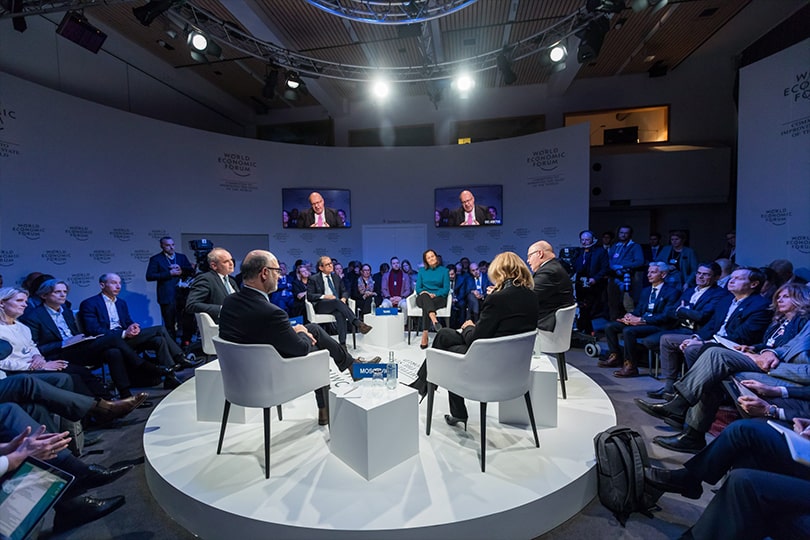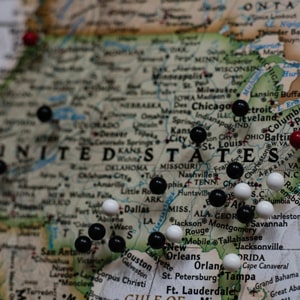The Healthcare, Life Science and Medical Device industries are often challenged on the compatibility of their role in patient care, with a commercial interest. Simply, many people don’t like the idea of someone “getting rich” on health outcomes. Indeed, there are many organisations that are seen to be “blamed” for deficiencies in healthcare systems. An assumption cycle many want to change.
“Industry charges too much for its innovative new treatments”
“HTA bodies don’t consider life time and societal value”
“Payers focus on cost containment not outcomes”
“Governments don’t make adequate provision for healthcare”
We have seen the creation of Transparency programmes in the US and Europe to reveal the extent of financial relationships, including meeting costs, between industry and Healthcare Professionals. A tangible attempt to change this perception of an industry which has developed almost 90% of the worlds medicines without, in the majority, tax funding.
This short blog from EFPIA, an organisation that represents the Pharmaceutical industry in Europe, shows how the industry is determined to demonstrate its value to patient care and challenge some of the assumptions in the healthcare system.
A relentless commitment to the blame game See the US Open Payments, US and ABPI, UK platforms to view transparency in action. Type in your Doctors name, see what pops up!











Recent Comments